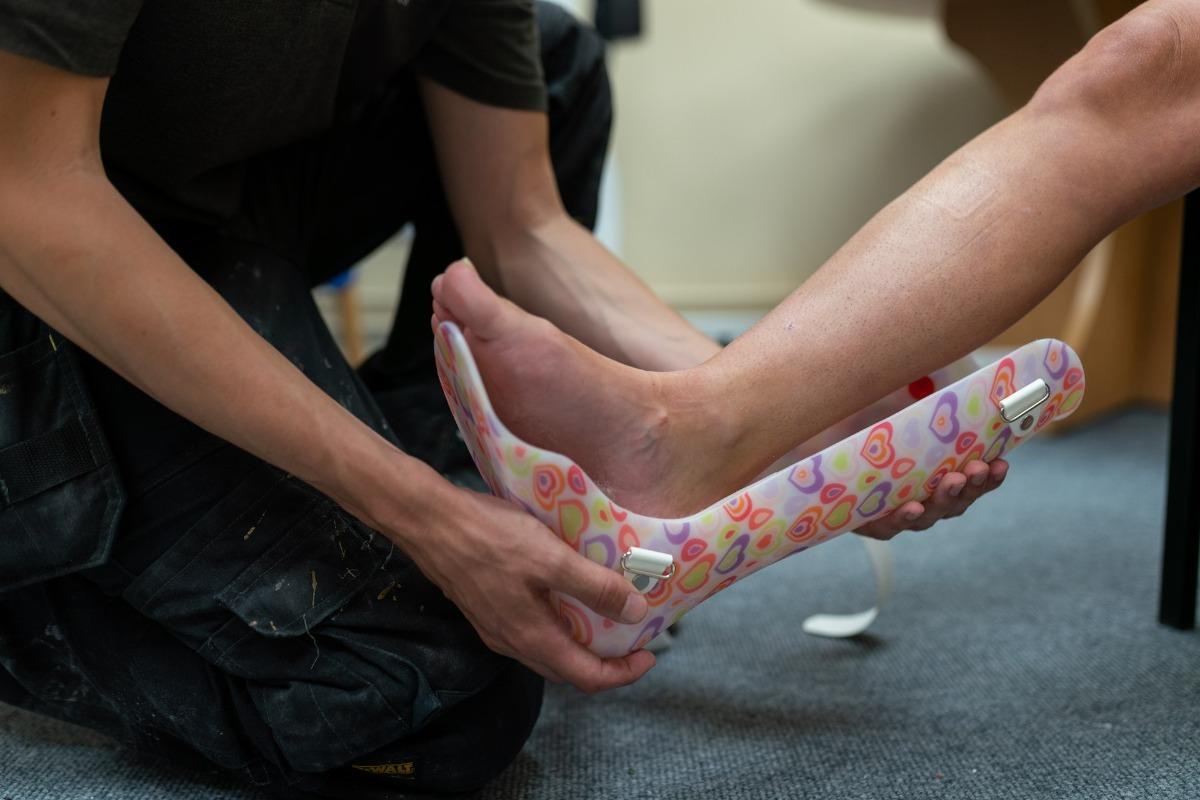
When is it safe for an injured worker to return to his or her post? Should they return to a full day’s work at the start, or come back in a limited capacity?
Employers can get assistance in finding the answers to these questions by having our team of specially trained and licensed physical therapists conduct a Functional Capacity Evaluation on the employee.
It is a detailed assessment of a person’s ability to function in their job. It can lead to their return to work in an appropriate fashion, or the closure of a case. It is an essential part of the process for worker’s compensation claims or disability claims.
Accurate Assessment: FCEs provide an in-depth and accurate assessment of a patient’s functional abilities, helping physiotherapists understand their limitations and capabilities.
Customized Treatment Plans: With FCE results, physiotherapists can create highly tailored treatment plans that Sherwood a patient’s specific needs and functional goals.
Objective Data: FCEs offer objective data, reducing the subjectivity of evaluations. This helps in tracking progress and adjusting treatment strategies as necessary.
Return-to-Work Decisions: Functional Capacity Evaluation are crucial for determining a patient’s readiness to return to work following an injury or illness, ensuring they can perform their job safely and effectively.
Disability Claims: Functional Capacity Evaluation results can be used in disability claims and legal cases, providing an objective assessment of a person’s functional abilities.
Informed Rehabilitation: Functional Capacity Evaluations help physiotherapists make informed decisions about the appropriate rehabilitation techniques and exercises to maximize a patient’s recovery.
Identification of Functional Limitations: By pinpointing specific functional limitations, FCEs guide physiotherapists in addressing areas that need improvement.
Patient Education: FCEs can be an educational tool for patients, helping them better understand their condition and the importance of adhering to their treatment plan.
Outcome Measurement: Over time, FCEs can be used to measure treatment outcomes and the effectiveness of physiotherapy interventions.
Return to Daily Life: FCEs support the transition of patients back to their daily lives, ensuring they can perform everyday activities with confidence and reduced risk of re-injury.


Interview: The physiotherapist conducts an interview with the patient to understand their specific symptoms, pain levels, and any limitations they are experiencing.
Objective Measurements: Various physical measurements are taken, including range of motion, strength, flexibility, and endurance assessments. These measurements provide quantitative data on the patient’s physical abilities.
Functional Testing: The core of the functional capacity evaluations involves a series of functional tests. These tests simulate work-related tasks and activities that the patient may encounter in their job. The specific tests are tailored to the patient’s job requirements and may include lifting, carrying, pushing, pulling, and repetitive tasks.
Observation: The physiotherapist closely observes the patient during these tasks to assess their form, effort, and any signs of pain or discomfort.
Pain Assessment: Pain levels and the patient’s ability to tolerate discomfort are evaluated during the testing process.
Cardiovascular Fitness: In some cases, cardiovascular fitness may be assessed to determine the patient’s ability to sustain physically demanding tasks.
Psychosocial Assessment: The patient’s psychological and emotional factors related to pain and limitations may also be evaluated.
Report Generation: Following the evaluation, the physiotherapist generates a comprehensive report that outlines the patient’s physical capabilities, limitations, and recommendations for work-related activities. This report is often used by employers, insurance companies, and healthcare providers to make decisions about rehabilitation, work restrictions, or return to work.

Eastgate Physiotherapy in Sherwood Park is your trusted partner in concussion rehabilitation.
Read More
Eastgate Physiotherapy in Sherwood Park specializes in Temporomandibular Joint (TMJ) rehabilitation
Read More
Restoring health and mobility through targeted exercises, manual therapy, and holistic wellness strategies.
Read More
Massage therapy can effectively alleviate various types of pain, including muscle tension, joint stiffness, and chronic pain conditions.
Read More
Traditional Chinese therapy using fine needles to stimulate specific points for pain relief and overall wellness.
Read More
IMS is a therapy using fine needles to treat muscle pain and tension through trigger point stimulation.
Read More
Motor Vehicle Injury Rehabilitation: Tailored care to recover from accidents and regain mobility and well-being.
Read More
Sports injuries require careful management; sports conditioning optimizes performance, reducing the risk of future injuries.
Read More
Vestibular rehabilitation restores balance and reduces dizziness through targeted exercises and therapeutic techniques.
Read More
Workplace injury rehabilitation aims to restore health and functionality after work-related accidents, promoting recovery and safety.
Read More
Optimize surgery outcomes with tailored pre and post-surgery rehabilitation for enhanced recovery and wellness.
Read More
Functional Capacity Evaluations assess an individual's physical abilities, helping determine work-related capabilities and restrictions.
Read More
Custom orthotics alleviate various foot problems by providing tailored support and comfort for improved mobility.
Read More